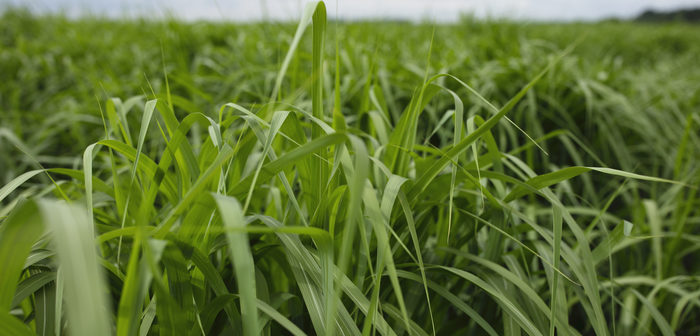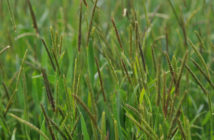A project to facilitate more planting of the perennial bioenergy crop, Miscanthus, has been awarded over £150,000 of funding through the government’s Biomass Feedstocks Innovation Programme, to help contribute to 2050 net-zero targets.
Miscanthus specialist, Terravesta, has been successful in its bid to secure Phase 1 funding for its OMENZ project which stands for ‘Optimising Miscanthus Establishment through improved mechanisation and data capture to meet Net Zero targets’.
According to Terravesta, success in Phase 1 of the project will enable upscaling to contribute to the recommendation from the Climate Change Committee’s Sixth Carbon budget in Phase 2, to fulfill the need of planting at least 30,000 hectares a year by 2035, so that 700,000 hectares is planted by 2050.1
“The OMENZ project will pave the way for more perennial bioenergy crops to be planted, by developing the technologies and infrastructure needed,” explains Michael Squance, Terravesta’s science and technology director.
“Currently there are around 7,000 hectares of Miscanthus in the UK, and even less short-rotation willow coppice and short rotation forestry. We need to ensure more biomass feedstocks are available to meet the growing demand for decarbonisation of agriculture and for the rapidly emerging bio-economy.
“Ultimately, there has to be market-ready technology to scale it up successfully and this is what this project will help to enable.”
The Biomass Feedstocks Innovation Programme has been launched in 2021 by the Department for Business, Energy and Industrial Strategy (BEIS), and has now awarded £4-million of funding for the project development stage of the Biomass Feedstocks Innovation Programme, with up to £200,000 of funding per project.
The programme is enabling organisations, including start-ups and small and medium-sized enterprises, to develop strong project proposals that will deliver commercially viable innovations in biomass production.
Jason Kam, Terravesta’s head of R&D, says: “The OMENZ project will take six months to complete, and will analyse field preparation, machinery, technology and planting techniques to identify areas that can deliver gains, efficiency and cost reduction.
“If successful in Phase 2 of the BEIS funded programme, Terravesta’s project then aims to trial a range of new technologies, including automated systems and drone-linked machine learning, using an integrated data capture and analysis platform to gain insights into crop performance.”
The BEIS programme is separated into two lots. Lot 1 covers innovation projects and Lot 2, multi-site demonstrator platforms. The multi-site demonstrator will act as a platform on which to test and demonstrate a number of Lot 1 innovations in a range of UK locations during phase two of the programme, which is in planning for spring 2022.
To learn more about Miscanthus and Terravesta, visit www.terravesta.com.




